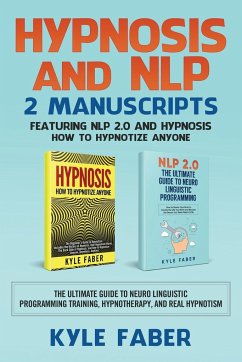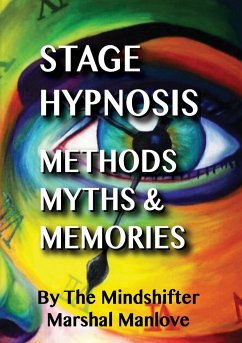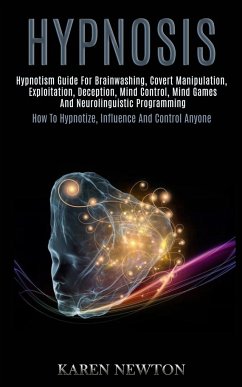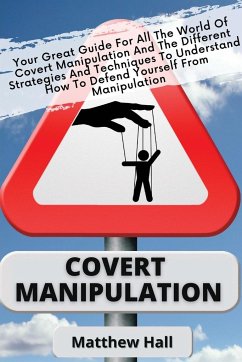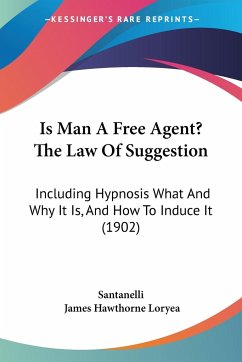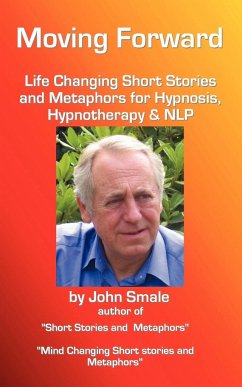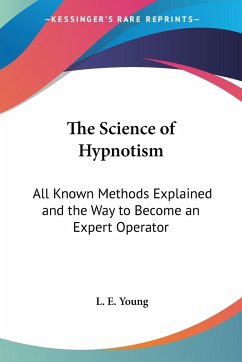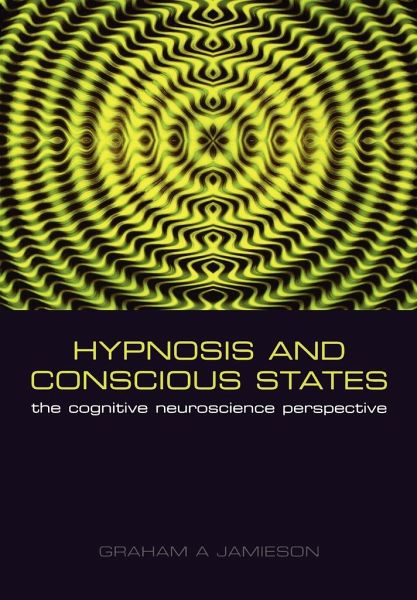
Hypnosis and Conscious States
The Cognitive Neuroscience Perspective
Herausgeber: Jamieson, Graham
Versandkostenfrei!
Versandfertig in 1-2 Wochen
84,99 €
inkl. MwSt.

PAYBACK Punkte
42 °P sammeln!
The book introduces and describes many of the recent new tools that have become available to researchers in this field. Academics, researchers, and clinicians wanting to develop their knowledge of the latest findings, theories and methods in the scientific study of hypnosis and related states of consciousness will find this an up to date guide to this rapidly advancing field.
Hypnosis provides a rich paradigm for those seeking to understand the processes that underlie consciousness. This book describes the latest advances in understanding hypnosis and similar trance states by researchers within the neuroscience of consciousness.





